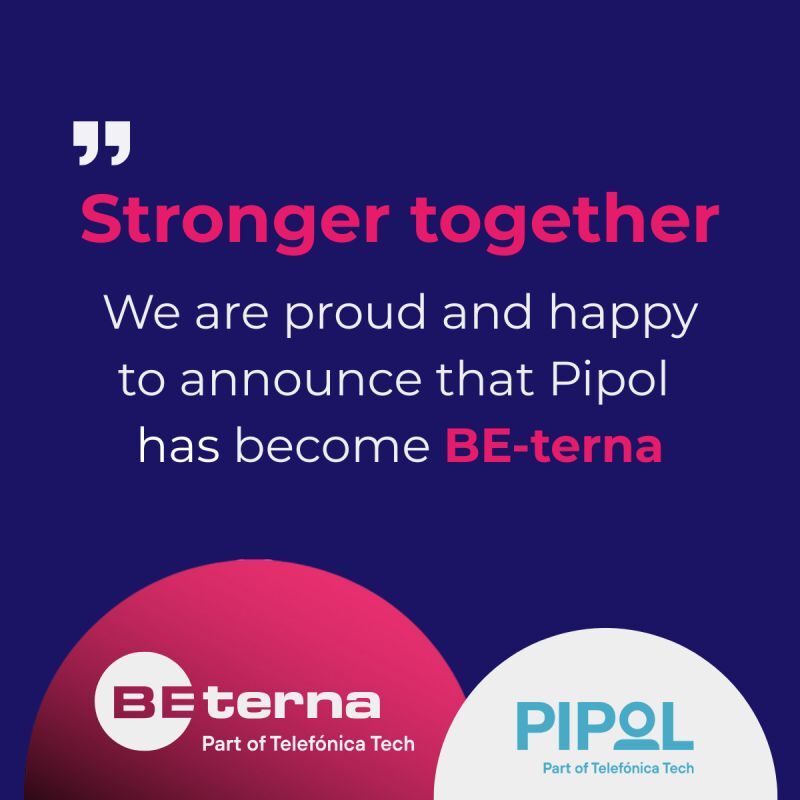Implementing a global ERP system can transform your organization, but it comes with challenges.
From lack of engaged leadership to the wrong choice of software, there’s many reasons why international ERP implementations fail. To be successful, organizations need dedicate time to thoroughly analyze their existing systems and processes. Read more about the pitfalls you should be aware of when implementing a global ERP project.
Effective Change Management:
One of the main reasons ERP projects fail is the underestimation of cultural impact. Local cultures might resist the software, or regional markets may not be ready to take ownership. Building a corporate culture that is ready for change from the top down is crucial. Prioritize change management across all regions and subsidiaries, not just headquarters.
Engage the Entire Organization:
Successful implementation requires commitment from everyone. Lack of leadership buy-in is a common pitfall. When top management supports the project, decision-making is timely, and resources are allocated efficiently. Involve regional users to ensure they feel ownership and accept the system.
Standardizing Business Processes:
International organizations often have non-standardized processes, especially if they’ve grown through acquisitions. Global ERP systems can help standardize these processes, but finding the balance between standardization and localization is challenging. Identify the processes that add the most value to customers.
Cloud ERP Implementation:
Cloud ERP solutions are cost-efficient and easy to adopt, without the need for expensive hardware. However, they come with security risks since information is accessible online. Protect your organization from fraud and threats by training staff to spot and report unusual activity.
Rollout Strategy:
Define a multi-country ERP implementation plan. Decide whether to go live with all functionalities at once or take an incremental approach. A hybrid approach can reduce risks and allow testing of the system in stages.
Global ERP Support Structure:
Before the first rollout, plan how to manage your ERP software. Decide whether to offer centralized support or decentralized support to address a diverse user base. Early definition of support structure encourages end-user adoption and maximizes business benefits.
Language and Currency Management:
Standardizing global data while handling multiple languages and currencies is challenging. Determine how to align data with a primary language and currency, such as English and US dollars, while accommodating local requirements.
Master Data Management:
Clean and manage master data effectively to share information about customers, vendors, items, and prices. Define whether local entities will have flexibility in managing accounts or if centralized approval is required for changes.
Choosing the Right ERP Software:
There are many ERP solutions available, select one that meets your organization’s needs. Consider industry focus, geographic relevance, and business growth projections. Align your choice with industry standards and business objectives.
Avoid Cutting Corners:
Successful ERP implementation takes time and careful planning. Avoid shortcuts to prevent rework and additional expenses. Ensure consistency in processes, thorough training, documented test cases, leadership buy-in, and alignment with business objectives.
Are You Ready for Change?
Considering a new global ERP solution or facing challenges with your current project? Pipol offers expert guidance, local resources, and best practices for international ERP implementations. Contact Pipol today to learn how we can support you through this process.



